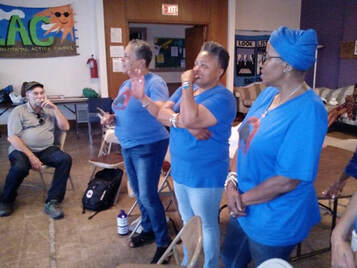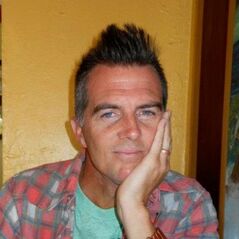Rock! Paper! Scissors!
Tools for anarchist + Christian thought and action
Vol 1. No. 3
Truth, Trust, and Power
Truth, Trust, and Power
Guest editor: Ted Lewis
Image "Detail From Chaos," courtesy of Josephine Ensign.



 RSS Feed
RSS Feed